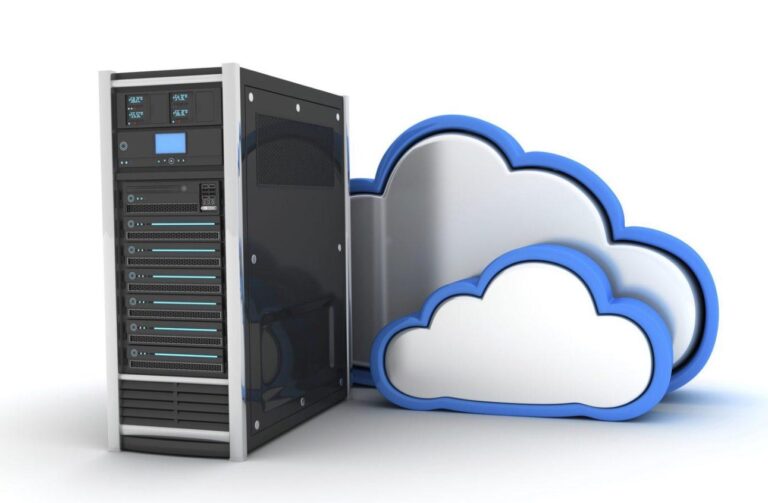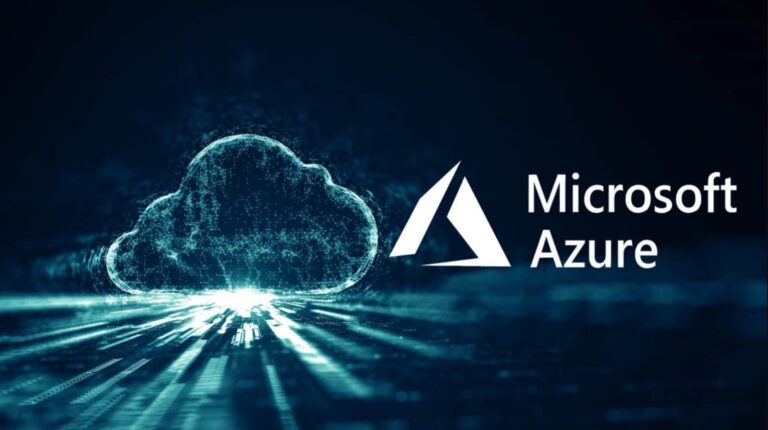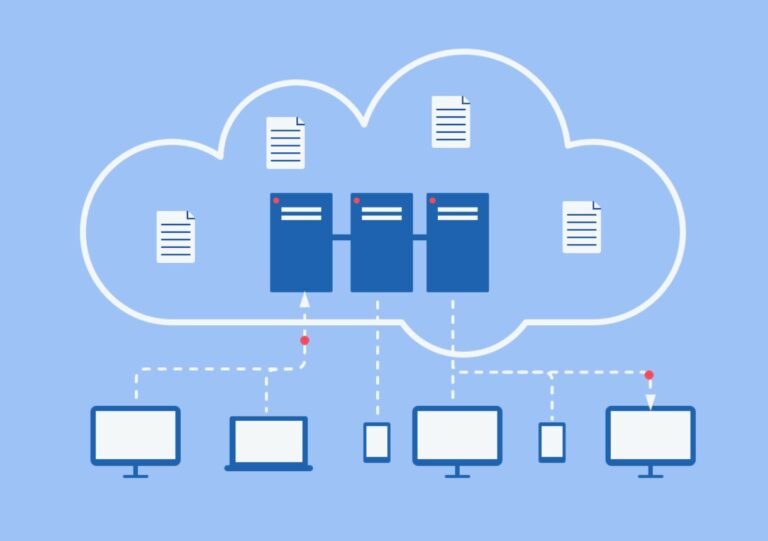Cloud Server Solution: Top Products, Benefits, and Buying Guide
In the current era of rapid digital advancements, businesses are turning to cloud server solution more than ever to guarantee smooth operations, flexibility, and cost-effectiveness.
Selecting the ideal cloud server solution has the potential to significantly impact the trajectory of your business.
In this in-depth guide, we will thoroughly explore the leading cloud server solutions accessible in the market, outline their advantages, provide intricate use-case scenarios, and offer guidance on how to make an informed and advantageous purchasing decision.
What is a Cloud Server Solution?
A cloud server solution is an infrastructure service that provides businesses with virtualized server resources on a pay-as-you-go basis.
These resources are hosted and managed by a cloud service provider, offering businesses the flexibility to scale their computing resources based on demand.
By leveraging cloud server solutions, businesses can reduce the need for significant upfront capital investment in physical hardware, while also benefiting from increased scalability and flexibility in their IT infrastructure.
Benefits of Cloud Server Solution
- Scalability: Easily scale your resources up or down based on demand.
- Cost-Efficiency: Pay-as-you-go pricing models reduce upfront costs.
- Accessibility: Access your server resources from anywhere with an internet connection.
- Security: Advanced security features and compliance with industry standards.
- Reliability: High uptime and disaster recovery options ensure business continuity.
Top Cloud Server Solutions
Let’s explore five leading cloud server solutions that can revolutionize your business operations:
1. Amazon Web Services (AWS)
Amazon Web Services (AWS) is a comprehensive cloud platform offering over 200 fully-featured services from data centers globally.
Key Features:
- Wide Range of Services: Compute, storage, databases, machine learning, and more.
- Global Reach: Data centers in 24 regions and 77 availability zones.
- Security: Advanced security features and compliance with numerous certifications.
Pros:
- Extensive service offerings
- Robust security measures
- High scalability
Cons:
- Can be complex to manage
- Pricing can be high for smaller businesses
Pricing:
- Pay-as-you-go model with free tier options.
2. Microsoft Azure
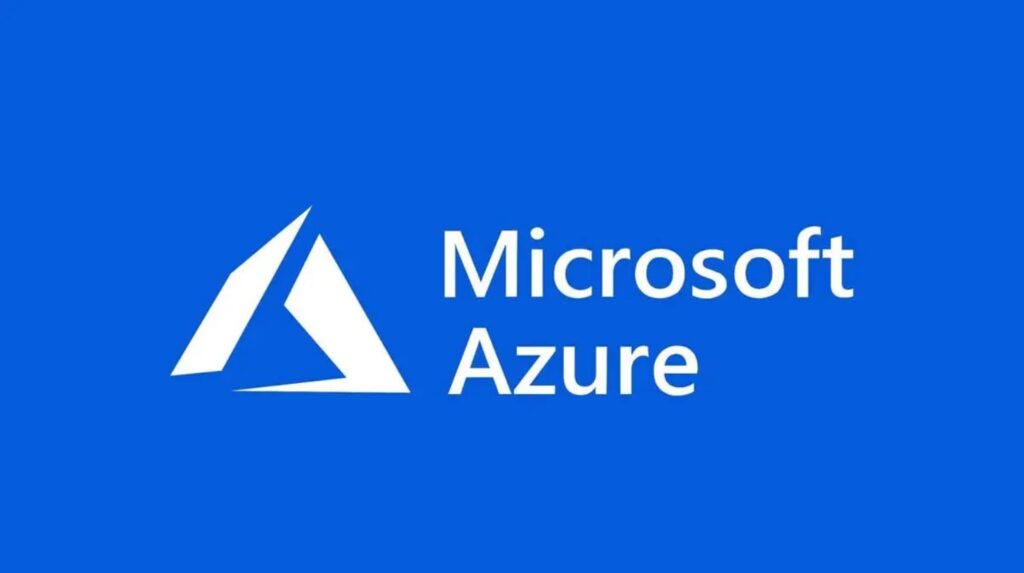
Microsoft Azure is a cloud computing service created by Microsoft for building, testing, deploying, and managing applications and services through Microsoft-managed data centers.
Key Features:
- Hybrid Cloud Capabilities: Seamless integration with on-premises solutions.
- AI and Machine Learning: Advanced tools for AI and ML applications.
- Developer Tools: Extensive support for various programming languages and frameworks.
Pros:
- Strong hybrid cloud capabilities
- Integration with Microsoft products
- Comprehensive AI and ML tools
Cons:
- Pricing complexity
- Requires expertise for optimal use
Pricing:
- Pay-as-you-go with reserved instances for cost savings.
3. Google Cloud Platform (GCP)
Google Cloud Platform (GCP) offers a suite of cloud computing services that runs on the same infrastructure that Google uses internally for its end-user products.
Key Features:
- Big Data and Analytics: Powerful tools for data analysis and management.
- Machine Learning: TensorFlow integration for advanced ML applications.
- Serverless Computing: Simplifies deployment and scaling of applications.
Pros:
- Strong data analytics capabilities
- Excellent machine learning tools
- Competitive Pricing
Cons:
- Fewer global data centers compared to AWS
- Can be complex for beginners
Pricing:
- Competitive pay-as-you-go pricing with sustained-use discounts.
4. IBM Cloud
IBM Cloud offers a full-stack cloud platform with over 170 products and services covering data, containers, AI, IoT, and blockchain.
Key Features:
- AI Integration: Watson AI services for building intelligent applications.
- Enterprise Solutions: Strong focus on enterprise-grade solutions and security.
- Hybrid Cloud: Seamless hybrid cloud capabilities.
Pros:
- Strong AI and machine learning services
- Enterprise-grade security
- Comprehensive hybrid cloud options
Cons:
- Smaller ecosystem compared to AWS and Azure
- Pricing can be high for small businesses
Pricing:
- Flexible pricing models including pay-as-you-go and subscription-based.
5. Oracle Cloud
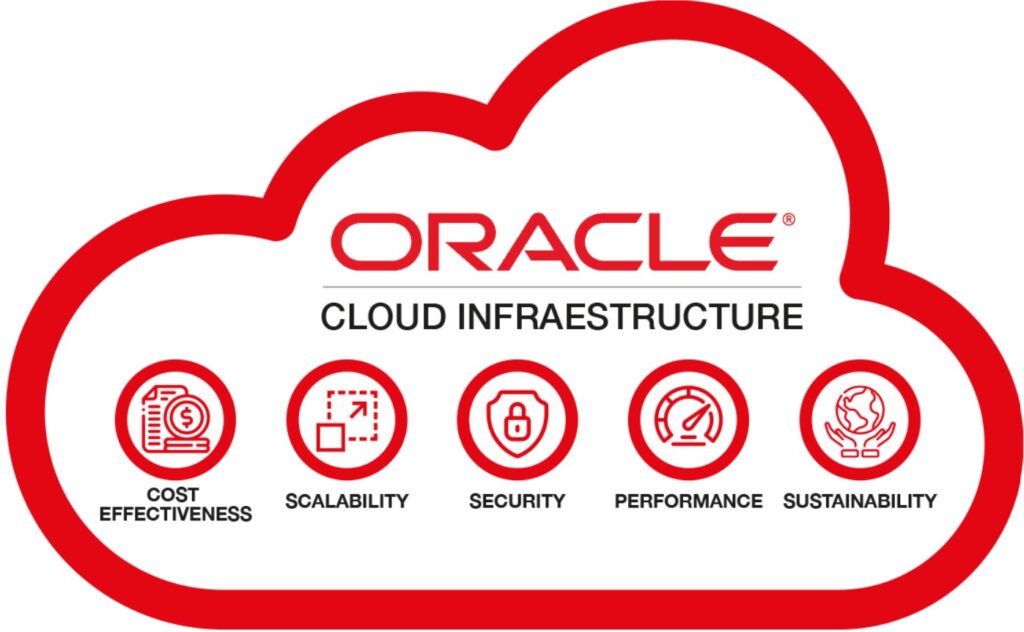
Oracle Cloud offers cloud solutions for databases, applications, infrastructure, and more, designed to support enterprise workloads.
Key Features:
- Database Services: Industry-leading database solutions.
- Autonomous Services: Automated management for better performance and security.
- Enterprise Applications: Comprehensive suite of enterprise applications.
Pros:
- Strong database services
- Automated management features
- Good for enterprise applications
Cons:
- Limited to the Oracle ecosystem
- Can be expensive
Pricing:
- Pay-as-you-go and subscription options are available.
See also: Server Backup Cloud: The Ultimate Guide and Solutions
Comparison Table of Top Cloud Server Solution
| Feature | AWS | Azure | GCP | IBM Cloud | Oracle Cloud |
|---|---|---|---|---|---|
| Global Reach | Extensive | Strong | Growing | Moderate | Limited |
| AI/ML Tools | Yes | Yes | Yes | Yes | Yes |
| Hybrid Cloud | Limited | Yes | Yes | Yes | Yes |
| Pricing | Complex, can be high | Complex, can save with reserved instances | Competitive | Flexible | Flexible |
| Security | Advanced | Robust | Strong | Enterprise-grade | Enterprise-grade |
| Best For | Large enterprises, complex needs | Enterprises needing hybrid solutions | Big data and machine learning | Enterprises requiring AI and hybrid cloud | Enterprises using Oracle products |
See also: Cloud Server Monitoring: Enhance Performance with Top Tools
How to Buy and Where to Buy
- Amazon Web Services (AWS): Sign up on AWS
- Microsoft Azure: Get started with Azure
- Google Cloud Platform (GCP): Start with GCP
- IBM Cloud: Explore IBM Cloud
- Oracle Cloud: Try Oracle Cloud
Use Cases and Problem Solving
- Scalability Needs: Businesses experiencing rapid growth can benefit from the scalability of cloud server solutions.
- Cost Management: Pay-as-you-go models help in managing IT budgets effectively.
- Remote Work: Cloud solutions enable remote access to resources, crucial for remote work setups.
- Data Security: Enhanced security features help protect sensitive data.
- Disaster Recovery: Cloud solutions provide reliable backup and disaster recovery options.
FAQ
- What is a cloud server solution?
A cloud server solution provides virtualized server resources over the internet, offering flexibility and scalability. - What are the benefits of using cloud server solutions?
Benefits include scalability, cost-efficiency, accessibility, security, and reliability. - How do I choose the best cloud server solution?
Consider factors like scalability, pricing, global reach, specific use cases, and integration with existing systems. - Can small businesses benefit from cloud server solutions?
Yes, small businesses can benefit from the scalability and cost-efficiency of cloud server solutions. - Are cloud server solutions secure?
Yes, reputable providers offer advanced security features and comply with industry standards to ensure data protection.
Choosing the right cloud server solution can transform your business operations, offering flexibility, security, and cost savings. Evaluate your specific needs, compare the top providers, and make an informed decision to drive your business forward. 🌟
